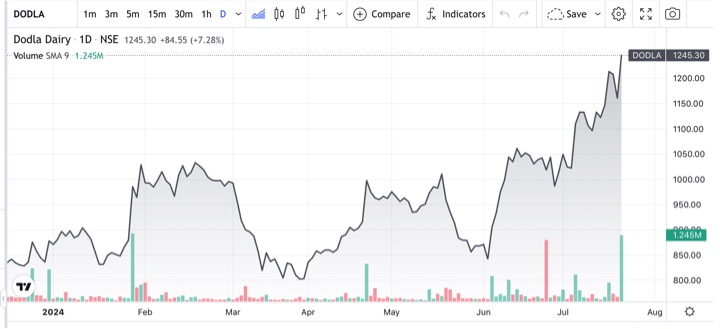In a recent Instagram story, Kourtney Kardashian Barker, who welcomed her first child with husband Travis Barker in November, said she “pounded a glass of breast milk” because she felt sick.
Although the 44-year-old reality TV star can certainly drink her own milk if she pleases, her post begs the question: Does drinking your own breast milk, or milk from another human, really boost immunity?
The question has been posed many a time, as the “liquid gold” has been touted by wellness gurus, foodies and fitness enthusiasts as the ultimate all-natural superfood that could improve recovery, build muscle, support the immune system and even help with conditions like erectile dysfunction, according to a 2015 editorial published in the Journal of the Royal Society of Medicine.
Several websites advertising breast milk for “adult buyers” often sell the liquid for quadruple the price of breast milk sold for infant consumption. One company even sells breast milk-flavored lollipops that don’t contain real breast milk.
The act of breastfeeding has well-known health benefits for babies and mothers, but much less is known about the potential benefits that parents derive from drinking their own milk.
“The main thing to remember anytime someone is wanting to drink human milk: Do the risks outweigh the benefits?” says Sierra Woods, a registered nurse, lactation consultant and postpartum doula who founded MelaMama Maternal Wellness, a nonprofit that serves underrepresented mothers of color. “While human breast milk is nutritious and beneficial for infants, consuming it as an adult may not provide the same nutritional benefits and could potentially expose the consumer to health risks.”
Does drinking your own breast milk boost immunity?
No clinical trials to date have studied whether mothers gain immune-boosting benefits by drinking their breast milk, Woods said, and no other evidence supports the notion that adults benefit from consuming breast milk.
“This is because the nutritional benefits of breast milk are digested differently in infants’ guts compared to adults,’” Woods said. Not to mention, the nutrient profile of a person’s breast milk changes over time depending on their baby’s needs.
However, it’s “perfectly fine for mothers to drink their own breast milk” as long as they follow the same precautions she takes to keep her baby’s milk safe, such as sterilizing breastfeeding equipment and storing milk properly.
Breast milk provides infants with nutrients that are necessary for healthy development and antibodies that can help protect them against some short- and long-term illnesses, such as asthma, obesity, Type 1 diabetes, ear infections and sudden infant death syndrome (SIDS), according to the Centers for Disease Control and Prevention.
Breastfeeding can also reduce mothers’ risks of breast and ovarian cancer, Type 2 diabetes and high blood pressure, the CDC says.
When applied topically, breast milk may ease irritating skin conditions, some data show.



























